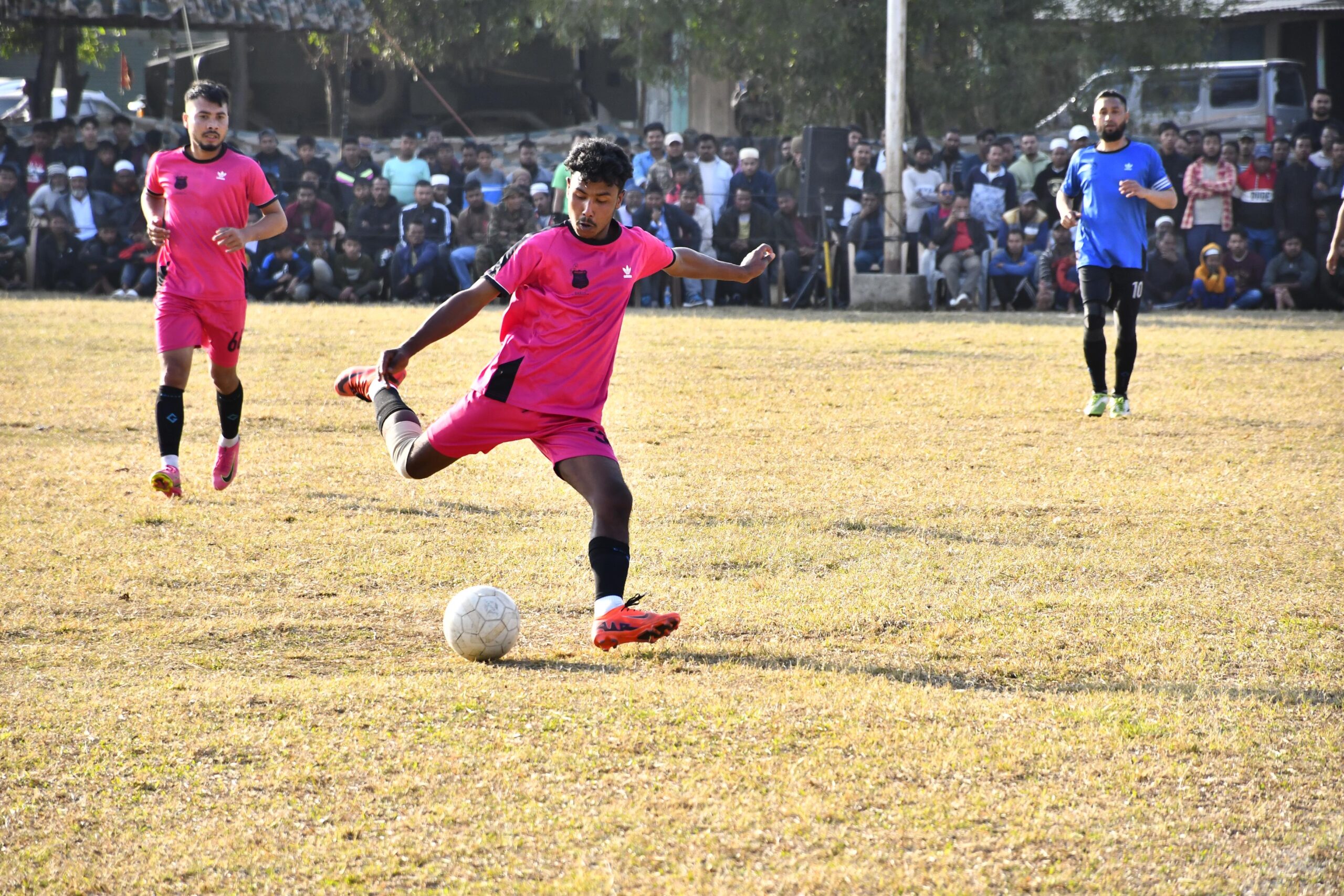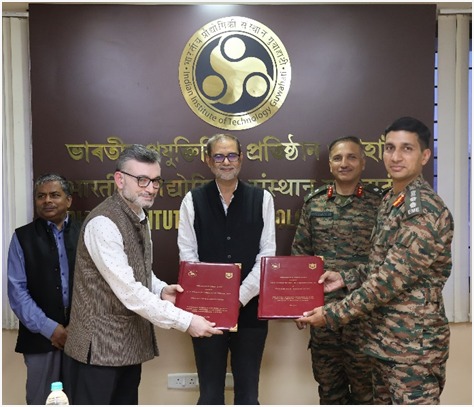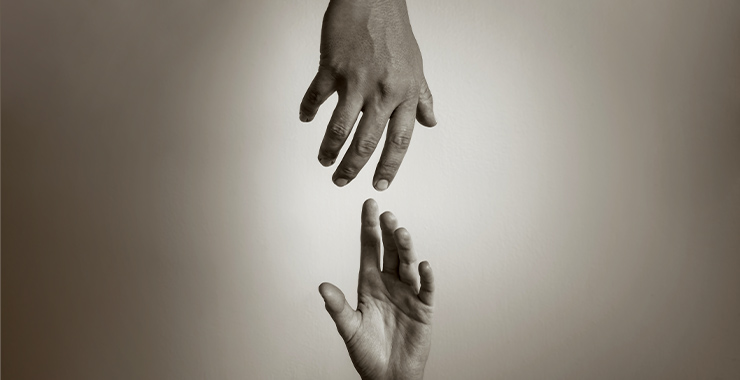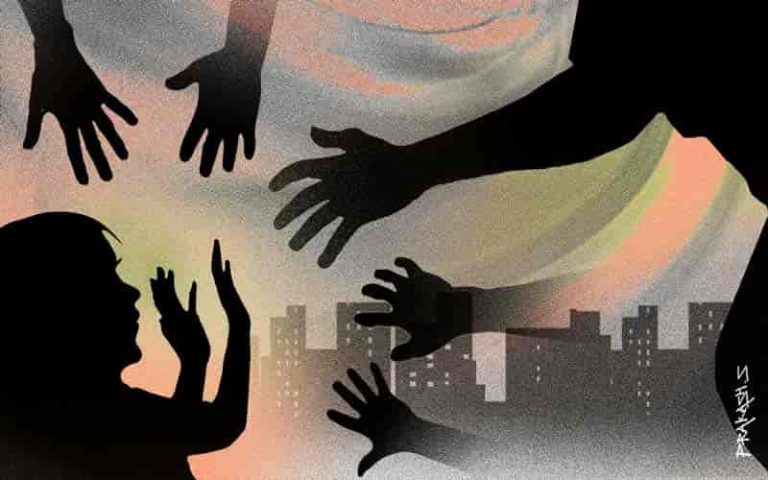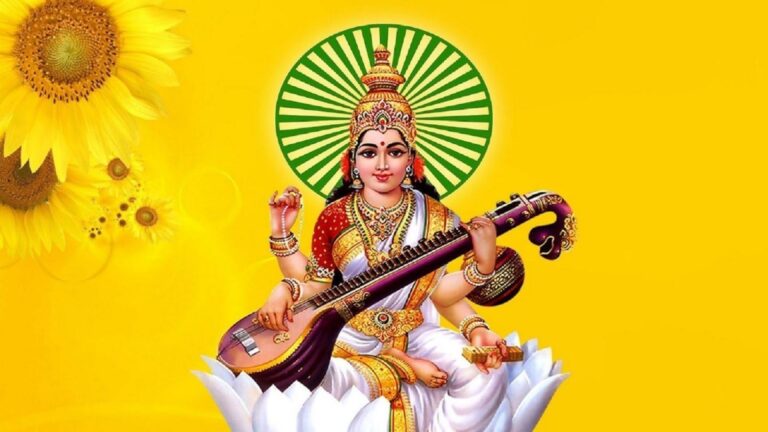Prostitution has always been seen as some kind of dark mark on the society. People associated with the sector are looked at with disgust and prejudice, thought to be contaminating the otherwise pure and good-willed people of the good community.
Till date, there is a lot of unawareness and misinformation spread around the area, the biggest one being that prostitution is illegal in India.
The recent Supreme Court statements on the profession and what it could mean for the sector are certainly worth looking into and perhaps could shed some light on this area along with also help to better the lives of those in it.
What Did The Supreme Court Say?
On May 19th 2022 a panel consisting of Justices L. Nageswara Rao, B.R. Gavai and A.S. Bopanna said that voluntary sex workers who are adult and consenting towards it deserve to live with dignity and equal protection under the law as given to the rest of Indian citizens.
The Court stated that “It need not be gainsaid that notwithstanding the profession, every individual in this country has a right to a dignified life under Article 21 of the Constitution.”
The three-judge Bench invoked special powers given from Article 142 of the Constitution and said that “Sex workers are entitled to equal protection of the law. Criminal law must apply equally in all cases, on the basis of ‘age’ and ‘consent’. When it is clear that the sex worker is an adult and is participating with consent, the police must refrain from interfering or taking any criminal action.”
This is a significant statement made by the Supreme Court that outrightly acknowledges voluntary sex work as a “profession” and also ordered the police that they should not be interfering or taking any criminal action against such workers.
The Bench ordered the police while running a raid on a brothel should not “arrested or penalised or harassed or victimised” sex workers “since voluntary sex work is not illegal and only running the brothel is unlawful”.
Furthermore, the Bench also ordered regarding sex workers and their children stating “Basic protection of human decency and dignity extends to sex workers and their children.”
The Bench also gave orders on what to be done if a child is found in a brothel or living with sex workers. It asked that the child should not be assumed to have been trafficked and that “In case the sex worker claims that he/she is her son/daughter, tests can be done to determine if the claim is correct and if so, the minor should not be forcibly separated.”



